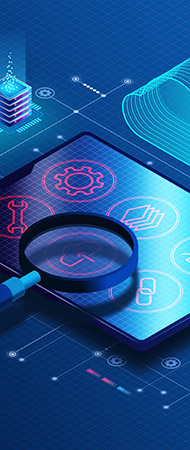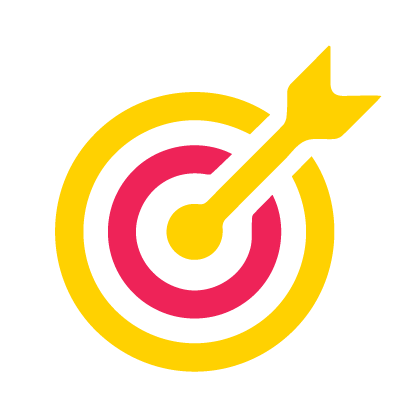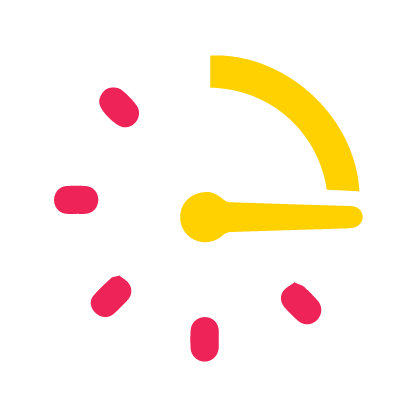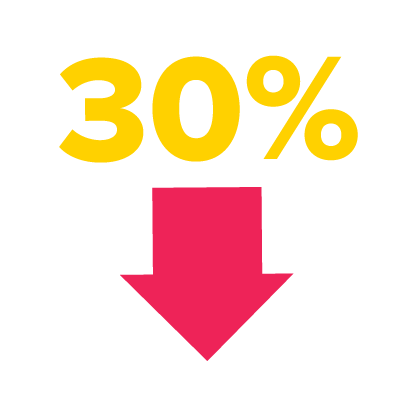Challenge
The client, a prominent multinational technology powerhouse, faced a series of challenges in its ambitious new AI enabled smart wearable product launch. Critical quality assurance deficiencies surfaced late in the Gen-1 product development, inducing significant delays in the launch plans. Compounding these setbacks, the client contended with constrained internal resources and specialized knowledge gaps among existing teams and incumbent service providers. The absence of a dedicated validation lab to validate the wearable product constituted a significant bottleneck in the go-to-market.
Solution
Architecting a tailored, geographically distributed managed service ecosystem anchored by specialized testing facilities across the globe, Quest Global:

Assumed complete ownership of the multi-disciplinary system validation function while delivering extensive testing consultancy expertise
Formulated custom test strategy and planning modules tailored to project requirements
Built exhaustive test-case preparation and testing systems across crucial domains, including industrial design/mechanical, electrical & electronics, camera, connectivity, audio, battery, power, and coexistence
Architected and developed test automation frameworks precisely aligned with specific requirements
Established robust product and system validation protocols for both product cases and glasses
Expedited the establishment of multiple location test labs and specialized teams essential for system validation across different streams such as connectivity (Wi-Fi/BT), mechanical (fixture design, vibration/shock testing), electrical (coexistence, power testing), thermal, audio, camera, and display, which converged to deliver exceptional outcomes
Utilized automation as a cornerstone to crunch validation timelines and coupled it with advanced robotics for faster time-to-market
Monitored product-level KPIs while conducting thorough testing across multiple device types and SKUs
Results – At A Glance
Delivered product on schedule with zero launch blockers or post-launch market issues through an iterative and agile system-validation process

Fulfilled product and market requirements without compromising schedule integrity while maintaining budget parameters

Generated schedule efficiencies of 40%, translating to 30% cost reduction

Demonstrated exceptional agility in validating evolving product features, including GenAI chat features and market feedback from Gen-1 product
